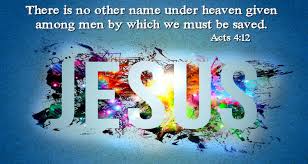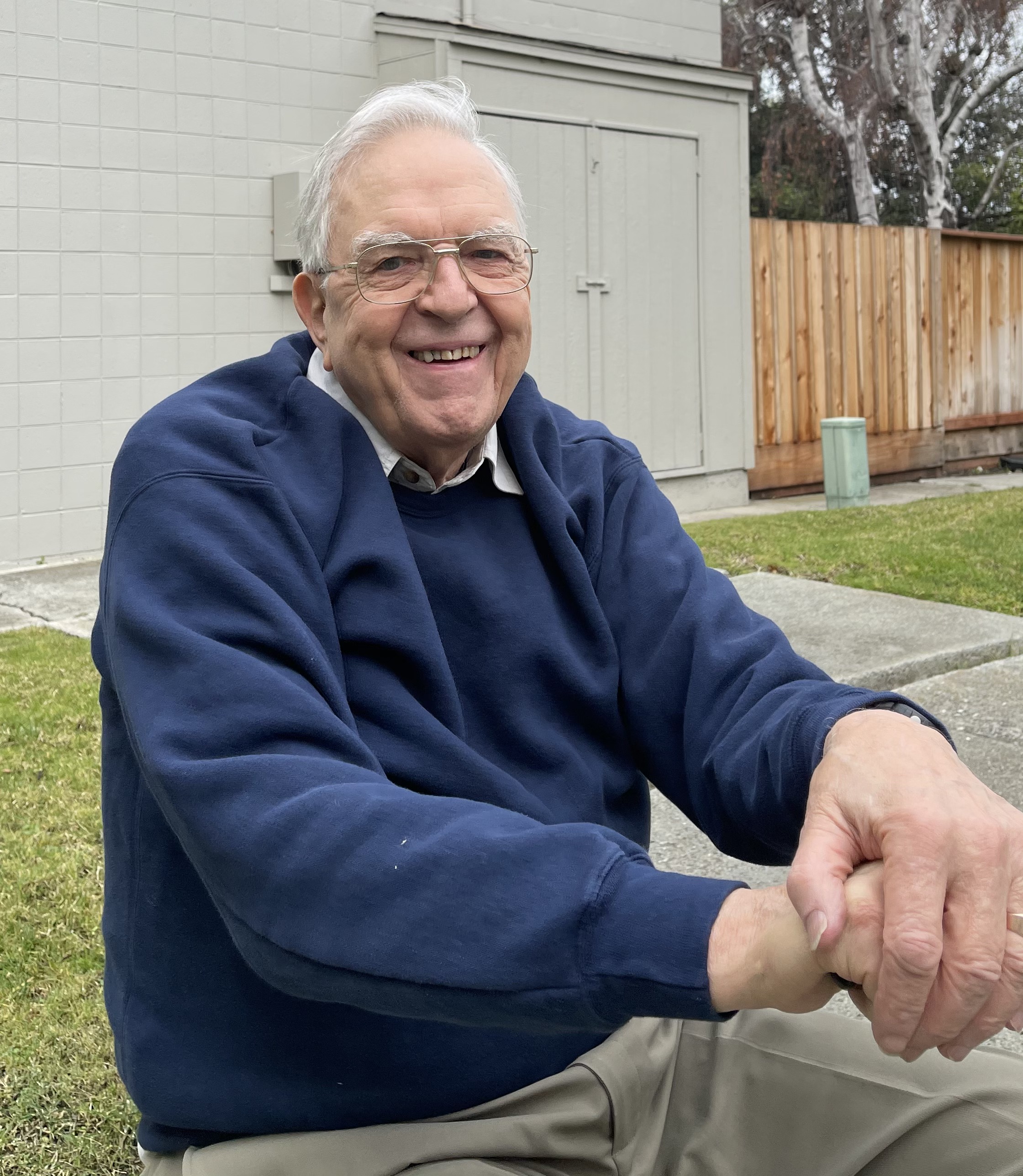



What Do We Do About the Homeless?Presented by Christopher Rufo Homelessness is one of the most vexing public policy problems we face. If you live in a big city, especially on the West Coast, you literally face it every day. And every day, it seems to get worse. Why? And what can we do about it? Christopher Rufo, Senior Fellow at the Manhattan Institute, has answers. Click here to watch. Transcript: What do we do about the homeless? This is one of the most vexing public policy problems we face. If you live in a big city, especially on the West Coast, you literally face it every day. And every day it seems to get worse. Why? Let's start with a couple facts: First, the word itself is misleading: Homelessness is not primarily a housing problem. It's a human problem. The primary drivers of homelessness are drug addiction and mental illness. According to data from UCLA's California Policy Lab, approximately three-quarters of people living in cars, tents, and on the streets suffer from serious mental illness, drug addiction, or both. Second, despite these conditions, the homeless actually make rational decisions about where they want to live. Not surprisingly, they move to the most permissive environment they can find. Make your city attractive for the homeless and they will beat a path to your doorway. The Venice Boulevard underpass on the border of Los Angeles and Culver City brings home this point. It’s one of thousands of concrete structures in Los Angeles County, but there's a curious detail: the Los Angeles side is full of tents and the Culver City side is empty. Why? Because the two cities have different public policies. Los Angeles has effectively decriminalized public camping and drug consumption while Culver City enforces the law. This pattern—that the homeless go where the policy environment is the most permissive—can be seen up and down the West Coast. In San Francisco County, it's estimated that 30% of the homeless migrated there after becoming homeless somewhere else. In the city of Seattle, that number is 51%. The San Francisco Chronicle estimates that hundreds of homeless individuals move to the Bay Area each year because of the "perception that it is a sanctuary for people who are unwilling to participate in programs designed to get them off, and keep them off, a life in the streets." At first glance, this would seem to make no sense. Why would an individual with no shelter or stable source of income move to one of the most expensive cities in the country? But in the world of the homeless, it makes perfect sense. That's because they operate under a different set of incentives than the average citizen. In a research survey of homeless migrants in Seattle, 15% said they came to access homeless services, 10% came for legal marijuana, and 16% were transients who were "traveling or visiting" when they decided to set up camp. But this dramatically understates the biggest draw of all: the de facto legalization of street camping, drug consumption, and property crime. As former Seattle public safety advisor Scott Lindsay has shown, the city is now home to a large population of homeless "prolific offenders"—people who commit property crimes to feed their addictions but are rarely held accountable for those crimes by the criminal justice system. So is ever-increasing homelessness our inevitable future? If our goal is to make life as attractive as possible for the homeless, the answer is yes. If our goal is to actually help the homeless, the answer is no. Houston mayor Sylvester Turner is a Democrat, but his approach to homelessness is a world apart from his counterparts in Los Angeles, San Francisco, and Seattle. "It is simply not acceptable for people to live on the streets; it is not good for them, and it is not good for the city," Turner has said. Houston's policy is a perfect example of what Turner calls a "tough love" approach. The city has built housing for the chronically homeless, formed a coalition of nonprofit partners, and lobbied the state government for more mental health and addiction services. At the same time, Turner has enforced a strict ban on public camping and promoted a citywide campaign to discourage citizens from giving money to panhandlers. The results are as instructive as they are stunning. Over the past eight years, Houston has reduced its homeless population by 54% while it has skyrocketed in West Coast cities. Different policies, different results. Where a Seattle politician opposes hosing down feces-covered sidewalks because “hoses are racist,” Houston fights in the courts for the right to clean up encampments. Where California progressives push for more drug injection sites and have decriminalized thefts under $950, Houston imposes consequences not only for theft, but for aggressive panhandling, window washing, and other "street obstructions." As this Texas city has demonstrated, local leaders in cities of any size can meaningfully reduce homelessness through a strategy that mixes compassion with commonsense enforcement. If cities stop allowing public encampments and open drug consumption and start prosecuting property crimes, they will have much more success redirecting the homeless away from a life of self-destruction and toward a life of hope through mental health treatment, drug rehab, and job training. That's what we all want, isn't it? So why don't we do it? I'm Christopher Rufo, senior fellow at the Manhattan Institute, for Prager University. |

This is a stimulating video. The speaker is not a Christian but holds to a Jewish world view which
amounts to SELF-righteousness. It is only a partial answer. Society is merely polarized by this policy (more law and order, less crime and chaos). Neither side is confronted with their accountability to the living God, nor with heaven vs. hell as eventualities for everyone.
San Jose periodically invades homeless encampments forcing residents to flee to the next town where they are tolerated. San Francisco has a huge, tolerated, medicated, homeless community. Society is not transformed but merely further polarized!
Many of the homeless prefer living in their ghettos surviving on handouts and free drugs. The laws of the land are disrespected — which is anarchy.
Lawlessness is unacceptable to our God but so is hypocrisy.
More law enforcement and crackdown moves us towards a police state where non performers are eliminated. More social services and rehab programs doesn’t work either.
Followers of Jesus Christ ought to see both sides now and should favor the poor not the rich, like Jesus does.
James warns the rich powerfully.
“Come now, you rich, weep and howl for your miseries that are coming upon you! Your riches are corrupted, and your garments are moth-eaten. Your gold and silver are corroded, and their corrosion will be a witness against you and will eat your flesh like fire. You have heaped up treasure in the last days. Indeed the wages of the laborers who mowed your fields, which you kept back by fraud, cry out; and the cries of the reapers have reached the ears of the Lord of Sabaoth. You have lived on the earth in pleasure and luxury; you have fattened your hearts as in a day of slaughter. You have condemned, you have murdered the just; he does not resist you.“ (James 5:1-6)
“But there shall by no means enter it anything that defiles, or causes an abomination or a lie, but only those who are written in the Lamb’s Book of Life.“ (Revelation 21:27)

For I do not desire, brethren, that you should be ignorant of this mystery,
lest you should be wise in your own opinion,
that blindness in part has happened to Israel until the fullness of the Gentiles has come in.
And then all Israel will be saved, as it is written:
“The Deliverer will come out of Zion,
And He will turn away ungodliness from Jacob;
For this is My covenant with them,
When I take away their sins.” (Romans 11)
The Samaritan woman said, “Sir, I perceive that you are a prophet. Our fathers worshipped on this mountain;
and you say that in Jerusalem is the place where men ought to worship.”
Jesus responded, “Woman, believe me, the hour is coming when neither on this mountain nor in Jerusalem will you worship the Father.
You worship what you do not know; we worship what we know, for salvation is from the Jews.”
(John 4:19-22)
No one is basically good! We each need God far more than we know. But God IS Love. If we understand the real self-giving love Jesus offers, and shun the counterfeit, life becomes a grand adventure. In every personal encounter it's important for us to listen first, pray second, asking Jesus to give us discernment. Does the other person need doctrinal help (truth), or compassion and affirmation (love)? The true church is a living organism, the very Body of Christ,--never an organization, nor a social institution. Look for the real Jesus in people and ignore the trappings! Yes of course sound doctrine matters (true truth) but so does love and both are found only in the Person of Jesus. True followers of Jesus are a minority George Barna said recently--his research shows only about 6% of Americans actually know Jesus personally today. This is but a Remnant.
God is not presently neither saving nor fixing the world. That will happen later. He is sovereign and does whatever He pleases! His program is made clear in The Book. You and I have arrived late on the stage of history! Everything is in perfect control from the throne room. Jesus is now in full control of every detail, ruling at the Right Hand and the Left Hand of God. It does not seem to us that's the case but my perspective on life, and yours as well is very limited! Consider the job assignment God has given to His Son!
Existential Christians | Cultural Christians | The Rebellious Ones | Closeted Christians | King Ego | Compromised Christians | Biblical Illiteracy
The Exchanged Life | The Left Behind | Eternally Lost | Intimacy with God | Dual Membership in the Family of God| The Rapture and the Second Coming
The Judgment Seat of Christ | Baptism | The Great Shepherd | How Saved are You? | Made in the Image of God | The Ruin of Creation

